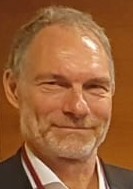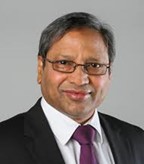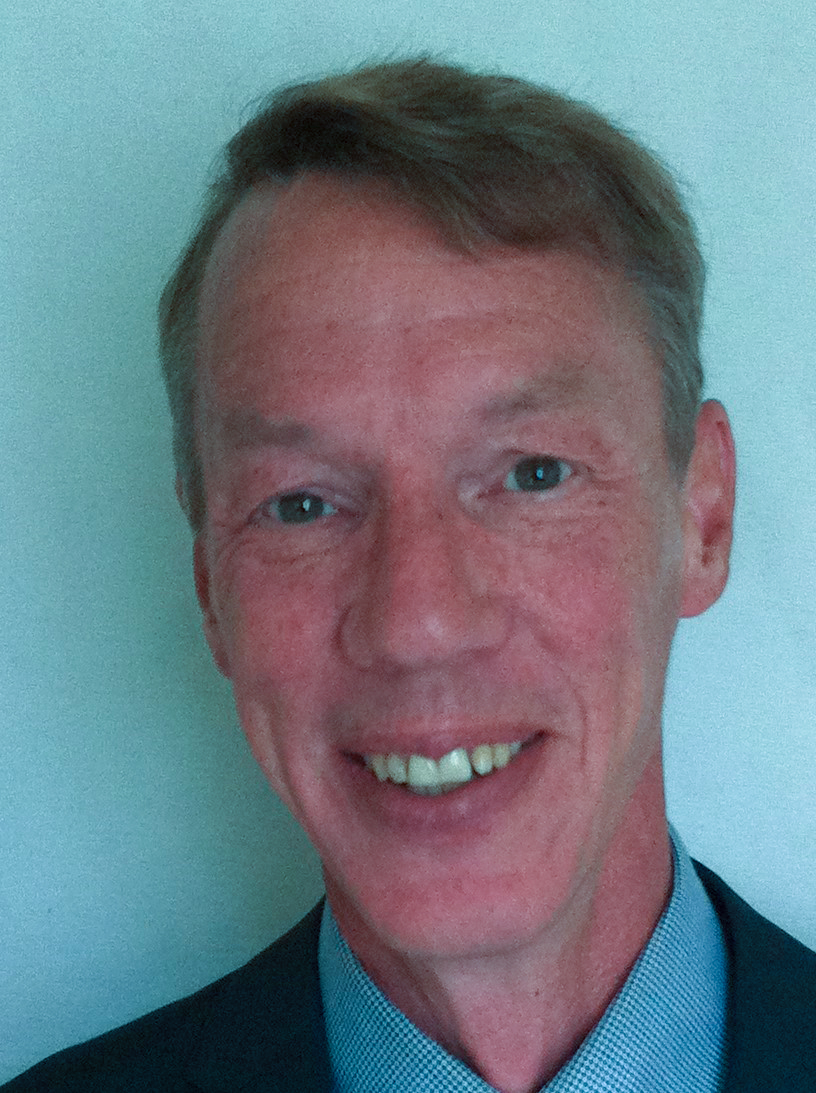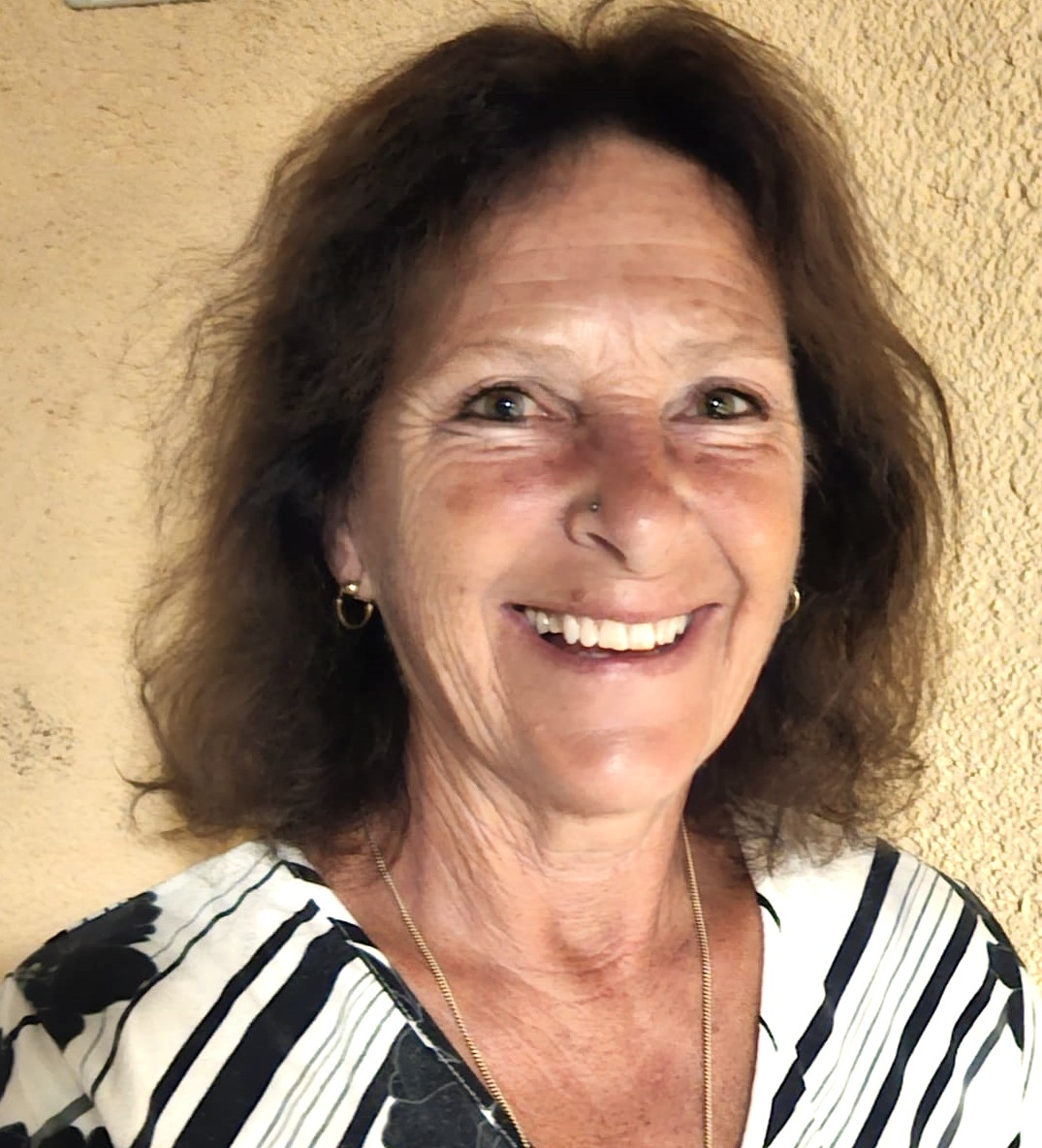Group 4 Photovoltaics (G4PV) SA
G4PV has ambitious plans to launch a 20 MW Perovskite Solar Cells Pilot Production Line in Sion, Switzerland. The pilot line will be designed to manufacture both perovskite and perovskite/Si tandem solar panels. The panels are designed to achieve impressive performances, with perovskite tandem panels surpassing, respectively, 23% and 30% efficiencies. The intrinsically low cost and low energy deposition techniques employed will yield electricity production at less than 0.02 €/kWh. Moreover, G4PV is committed to sustainability, with a significantly lower Carbon footprint compared to traditional Si PV panels. The G4PV products can also be fully recycled at the end of their lifecycle.
High efficiencies
High efficiencies beyond that of traditional silicon photovoltaics.
Low-cost
Low-cost production as the materials and manufacturing processes are comparably inexpensive.
Flexibility
Flexibility and versatility as the panel can be made in glass or plastic, the latter being 100 times lighter than current commercial silicon photovoltaics.
Rapid production
Rapid production as low-energy solution-based processes are used.
Applications
We target utility scale PV, Building integrated PV and Vehicle Integrated PV.
G4PV
The Group 4 Photovoltaics (G4PV) is a spin-off from EPFL/EPFL-Valais, created after many years of research on perovskite solar cells under the leadership of Profs. Mohammad Nazeeruddin and Paul Dyson.
Perovskite solar cells use elements from Group 4 of the periodic table and convert sunlight into electricity. At the end of life, the elements can be recycled to provide circularity.
Perovskite solar cells are thin and lightweight and can be applied on both inflexible (glass) and flexible (transparent plastic) supports.
Our Professional Team


Dr. Paul Grunow
Director
Paul Grunow received his doctorate in physics at the age of 30 at the Technical University of Berlin as a member of Prof. Tributsch's group at the Helmholtz Center Berlin (formerly the Hahn-Meitner Institute in Berlin-Wannsee) and then a postdoc at the COPPE/UFRJ in Rio de Janeiro, Brazil. Today he is the managing director and owner of Trinity Solarbeteiligungen GmbH in Berlin, a consulting and investment company for renewable energies and storage. In the meantime, he was co-founder and employee of three photovoltaic companies from Berlin, namely Solon SE, Q-Cells SE (today Hanwha) and PI Photovoltaic Institute Berlin AG (today part of the KIWA Group).


Prof. Mohammad Khaja Nazeeruddin
Responsible
Nazeeruddin is a Em Professor of Chemistry at the EPFL Sion campus, and his current research at EPFL focuses on Perovskite Solar Cells and Light-emitting diodes. He has published more than 870 peer-reviewed papers and ten book chapters and is the inventor/co-inventor of over 102 patents. His work's high impact has been recognized by invitations to speak at over 400 international conferences. He appeared in the ISI listing of most cited chemists and has more than 173'712 citations with an h-index of 185 (https://scholar.google.com/citations?hl=en&user=j4rH8MkAAAAJ). According to the Web of Science in 2016, he is the 5th most cited chemist in the world and is one of the 19 scientists identified by Thomson Reuters as the World's Most Influential Scientific Minds in 2015. He has been named Thomson Reuters' "Highly Cited Researcher" from 2014 to 2023 and was listed among the Top 10 researchers in the perovskite solar cell research field by the Times Higher Education. Based on the Career Long Impact, Nazeeruddin has been enlisted as one of the Top 2% Most-Cited Scientists in the world from the list published by Stanford University in October 2022. He is directing and managing several industrial, national, and European Union projects. He has been appointed World Class University professor by Korea University and Adjunct Professor by King Abdulaziz University, Jeddah. He has been elected to the European Academy of Sciences, a Fellow of The Royal Society of Chemistry, and Telangana Academy of Sciences. He has won the 34th Khwarizmi International Award (KIA) Laureate in Fundamental Sciences, 2021. He is Editor-in-Chief of Chemistry of Inorganic Materials and on the Editorial Board of several Journals.


Dr. Keith Brooks
CTO
Dr. Keith G. Brooks earned his Ph.D. in Ceramic Science from Alfred University in New York in 1990. From 1990 to 1996, he worked on piezoelectric thin films for ferroelectric memory and MEMS applications. He entered the field of photovoltaic research in 1996, working for Prof. Michael Grätzel. From 2000 to 2019 he managed research in several PV companies, covering the technologies of DSCs, OPVs, and a-Si. Product types ranged from consumer to architectural façade elements. Dr. Brooks has an academic H-index 32 and has published over 100 peer-reviewed papers cited over 4000 times. He worked in the Group of Prof. Mohammad Nazeeruddin from 2018 to 2023 on the scaling and reliability of perovskite solar technologies.


Jacqueline Morard
Administration
Jacqueline Morard is currently the secretary of the laboratory of organometallic and medicinal chemistry at the Ecole Polytechnique Federal de Lausanne that is directly dependent on the Federal Department of Home Affairs of Switzerland. She was born in Zurich in 1964 and received her diploma in office management in 1985. After her training she moved to the French part of Switzerland where she took over a job as a junior secretary with Plastag in Eclépens. In 1985 she worked with Siemens where she evolved steadily during 14 years to an executive secretary. In 2000 she joined the EPFL, more precisely the laboratory GECOS that has dealt with environment. After the retirement of her boss she joined the Research Center in Plasma Physics within the EPFL as an assistant to the director where she worked until the 2008.

